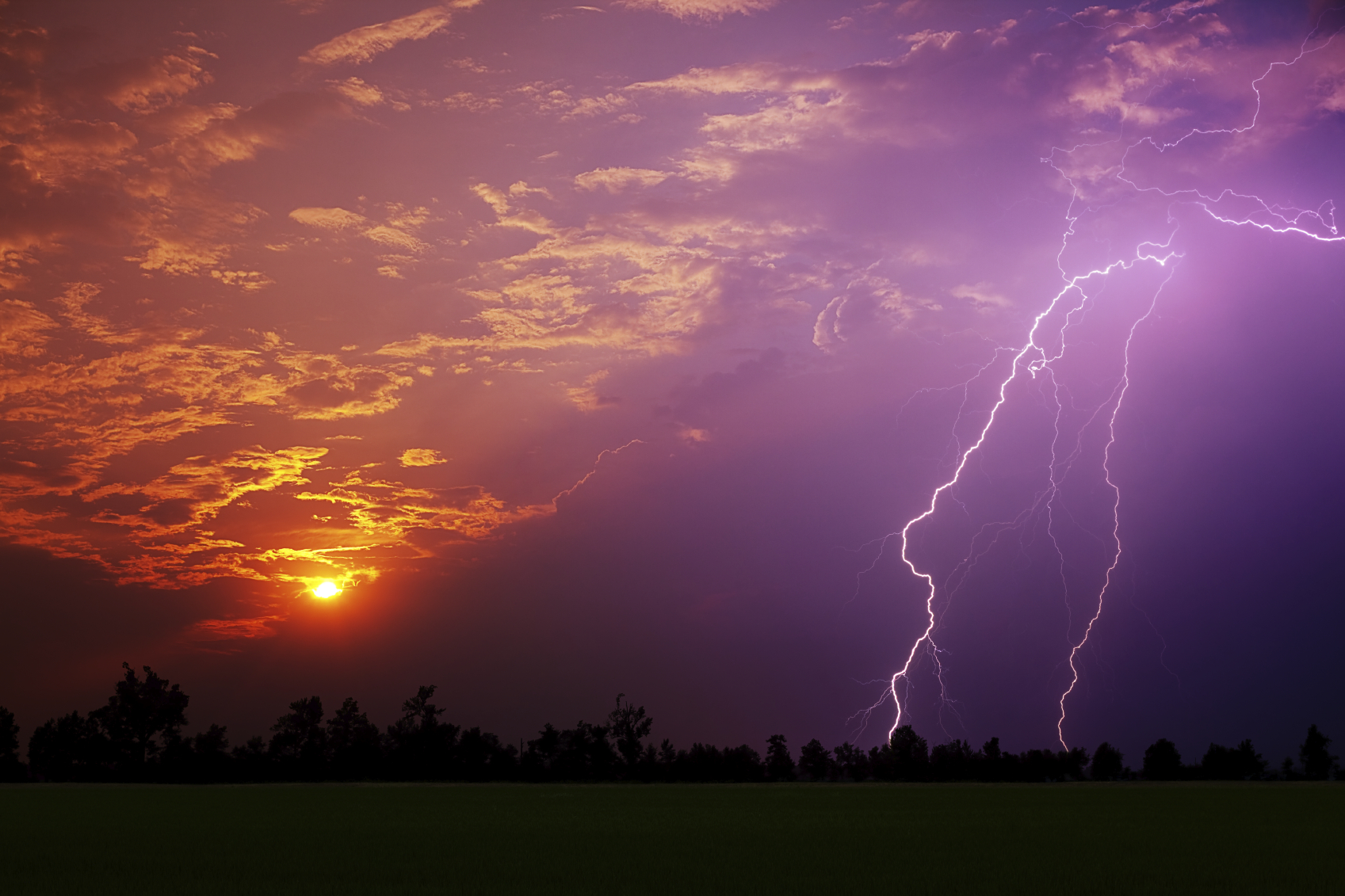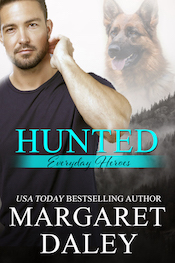
This week I’m hosting Missy Tippens with her book, His Forever Love and Bonnie Grove with her book, Talking to the Dead. If you want to enter the drawing for the book, please leave a comment on one of the post during the week with your email address. I will not enter you without an email address (my way to contact you if you win). If you don’t want to leave an email address, another way you can enter is to email me at margaretdaley@gmail.com. The drawings end Sunday (June 7th) evening.
Bonnie Grove’s interview:
1. What made you start writing?
Simply not knowing I shouldn’t, I suppose. I was a storyteller from the beginning (just ask my parents!) and in middle school I discovered acting. I played Tom Sawyer (yes, I know, I’m a girl – didn’t stop me) and brought the house down. That summer, I went to bible camp and discovered that my love for acting wasn’t just a gift from God; it was a gift I could offer back to God. From then, I started writing monologues and scenes for myself and my acting buddies. By the time I was in high school I was writing what I thought of as “emotionally complex” stuff. Then my parents bought a typewriter and I wanted to try it. I wrote a very bad romance novel my mother loved, and I’ve been pounding out prose ever since.
2. How long have you been writing? When did you sell your first book?
Well, there’s writing and then there’s writing. I never stopped writing, and while I was in Bible College and university I suppose I wrote a jillion papers. I loved writing papers. Loved the research involved and putting the facts together so they told the story. It didn’t matter if the story was the role of automatic thoughts in Beck’s Cognitive Therapy, or CIA involvement in the 1970’s Iran hostage crisis (two papers I actually wrote). All of it served as a training ground for what was to come. Three years ago I sat down and wrote two books I hoped would be published – I’m blessed to say they both are.
3. How do you handle rejections?
I’m one of the lucky ones who haven’t had to face much rejection – at least not yet! The first book I ever pitched was Your Best You: Discovering and Developing the Strengths God Gave You. It was picked up by Beacon Hill Press, the only publisher I pitched it to. My novel generated a fair amount of interest so, while there were publishers who ended up turning it down, it was sold very quickly thanks to my agent.
4. Why do you write?
Like many people, I’m creative. I can’t play piano, and I’m the absolute worst scrapbooker you’ve ever seen (which is a total bummer!)My creativity flows with concepts and communication – words. Writing comes naturally for me and is simply an expression of who I am acted out in the world – just like all other forms of creativity we encounter every day.
5. What would you be doing with your free time if you weren’t writing?
I’m a mom of two young kids, so my free time is about them.
6. What are you working on right now?
My second novel, due out June 2010. I don’t have a title yet, but I’m loving this book. A high energy story with lots of twists and fun.
7. Do you put yourself into your books/characters?
Am I a character in my books? Nah. But characters are a creation of the writer, so yes, I’m *in* there. Bits and pieces of me, and my take on people. When you write fiction you talk to people, research, and explore the ideas and concepts you want to talk about in the book. But, at the end of the day, you choose which angle you will come from, which side of the issue, which voice needs to speak, and ultimately, how the story will end. On that level it’s all me. But in time the characters move and breathe and make choices too, and that’s when I take my hand off and say, “go.”
8. Tell us about the book you have out right now.
Talking to the Dead is what happens when a young widow’s husband speaks to her from beyond the grave, and she consults a spiritualist, a shrink, and an exorcist before a warmhearted pastor helps her find the grace to forgive—and go on.
It’s a story of hope, grace, and forgiveness – and healing. It’s been called quirky, and I think that’s because, even though the subject is “heavy” the storytelling isn’t.
I’ve been blessed to have amazing writers read and endorse Talking to the Dead. People like Alison Stroble, Susan Meissner, Mary DeMuth, and Francine Rivers, which makes this journey even more exciting.
9. Do you have any advice for other writers?
Keep the first thing the first thing. Hone your craft daily and take it seriously. Learn all you can, not just about writing but about the history of literature in western culture.
Do everything because of love.
10. How important is faith in your books?
I’m a Christian first in my life, before anything else. I live from a Christian worldview and I write from one. The way I approach faith in my writing is that I’m privileged to contribute to the ongoing discussion about what it means to be human. For me that means also discussing what it means for humanity to encounter God.
11. What themes do you like to write about?
Grace. I’m endlessly fascinated by God’s grace and what it looks like in the world. How it enfolds us, how it chases us down, how it strips us bare and shows us our need. Everything I’ve ever written is an exploration of some facet of God’s grace.
Within that over arching theme, I also like to explore the idea of “life as journey” or “process” as opposed to a rigid set of ideas about what life is and what we should be doing.
Lastly, I asked my husband what he saw as a theme in my writing. He said that all my work explores some kind of loss. After we talked about that for awhile, we decided that what I love to explore is the things we hold on to, and believe are “ours”, but they never were really ours.
12. What is your favorite book you’ve written and why?
Well, I’ve only written two novels and one non-fiction and I like each of them for different reasons. But I think Talking to the Dead will always hold a sweet spot in my heart. It’s my first novel and even though I spent over a year writing it, I can still sit down with a cup of tea, open the book and get lost in the story.
13. What is your writing schedule like?
I write every day. When I’m not writing a book, I read other works as research (I read for pleasure too – sometimes even the same books I read as research. Yep, I love my job!), and I read books on the craft of writing. But the focus of my day is writing, even in the midst of research and collecting ideas for the next book.
Thanks for this interview, Margaret. I enjoyed chatting about writing and books!



